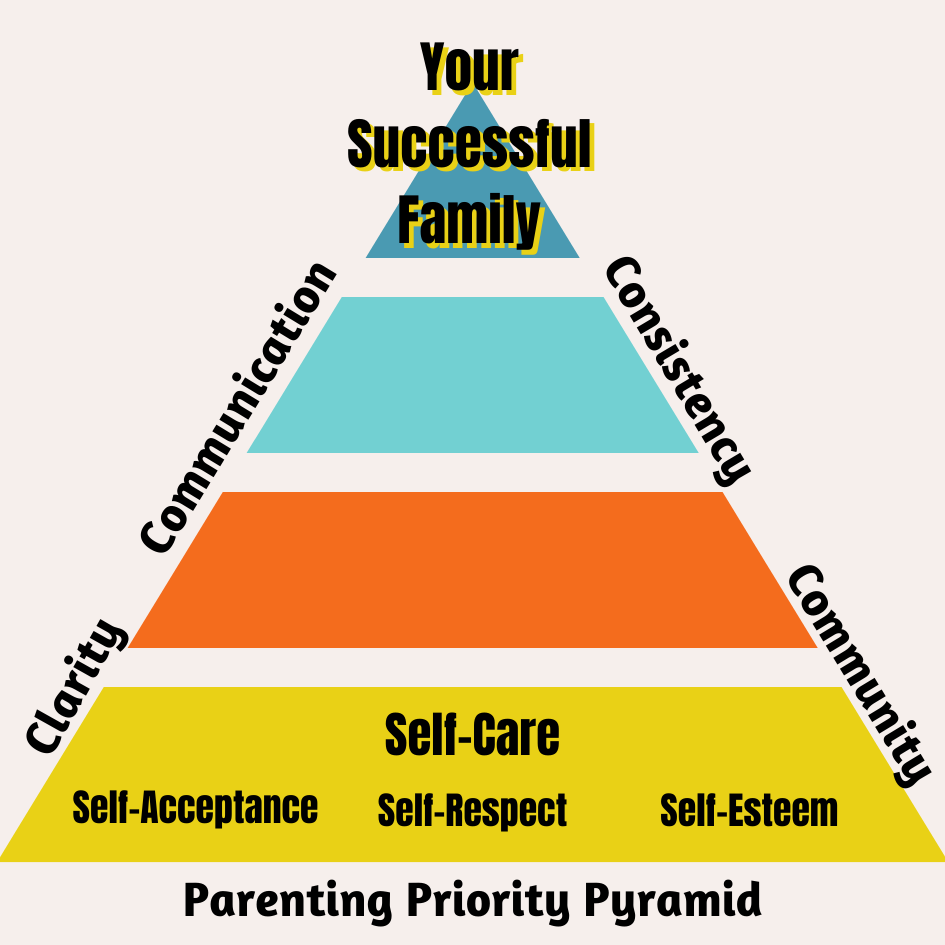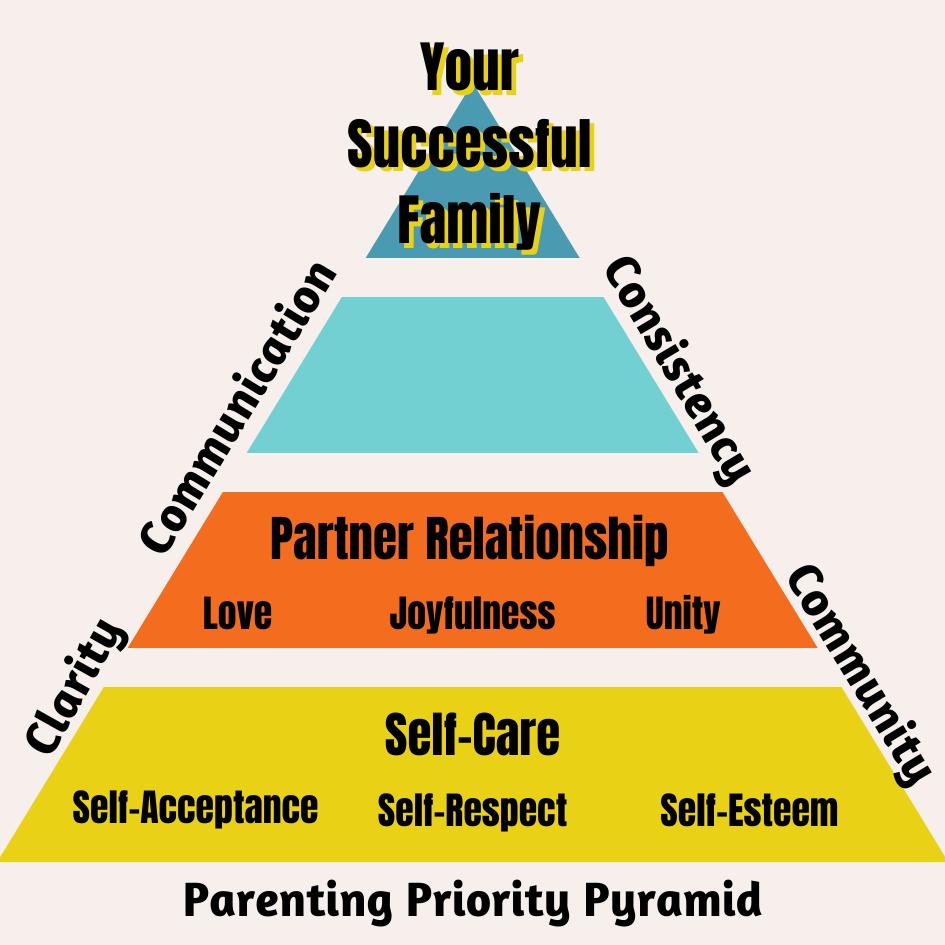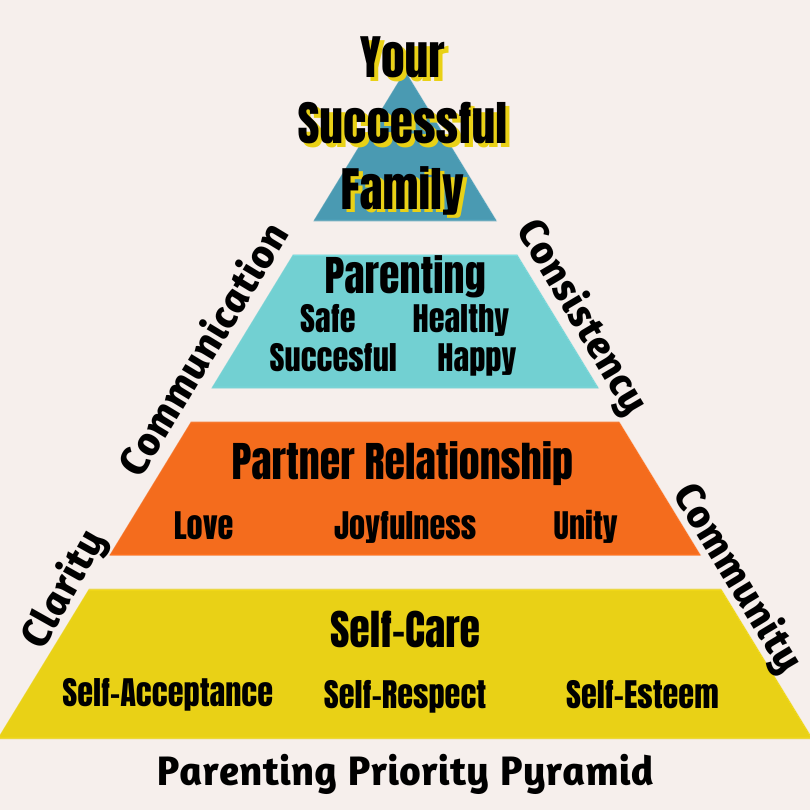
The Art of Asking Questions in Marriage: Building Deeper Connections
In the intricate dance of communication within a marriage, questions are like the delicate brushstrokes on a canvas, allowing you to paint a more detailed and vibrant picture of your partner’s world. Just as listening holds profound power, the art of asking questions is a skill that can breathe life into your connection and deepen your understanding of one another.

Questions become the threads that weave together the tapestry of understanding, love, and connection. They are the tools that help you explore the depths of your partner’s soul, celebrate their joys, and provide solace in their sorrows. When wielded with care and intention, the art of using questions can transform your communication into a symphony of shared emotions, thoughts, and dreams—a melody that resonates throughout the journey of your life together.
In the delicate art of communication within a marriage, the journey is not just about asking questions; it’s about how you ask, how you listen, and how you cherish the moments in between. Once you’ve posed a question, give your partner the gift of your undivided attention. It’s a way of saying, “You matter. Your words matter.” Be patient and allow them the time they need to formulate their response. Remember that some people require a little more time to process their thoughts and emotions, and that’s perfectly okay.
Additionally, it’s crucial to be mindful of distractions. If you notice that your partner is preoccupied, gracefully wait until they can give you their full attention. A distracted mind can’t engage in meaningful conversation, so it’s best to pause and then reiterate your question when they are ready to engage.
Here are some practical tips to help you ask better questions:
Curiosity as a Catalyst: At the heart of using questions effectively lies curiosity. The desire to know and understand your partner’s thoughts, feelings, and experiences is a testament to your commitment to their well-being and the growth of your relationship. When you ask questions born out of genuine curiosity, you create an environment where your partner feels valued and heard.

Open-Ended Questions: The magic of open-ended questions is that they invite exploration and deeper sharing. Instead of asking closed-ended questions that elicit a simple “yes” or “no” response, pose questions that encourage your partner to express themselves more fully. For instance, instead of asking, “Did you have a good day?” you might inquire, “Tell me about your day. What were the highlights?”

Empathetic Inquiries: Empathy is the glue that binds hearts. When your partner is facing challenges or celebrating triumphs, your questions can serve as bridges to their emotions. By asking questions that express empathy, such as “How are you feeling about this?” or “What can I do to support you?”, you communicate that you are not just a passive observer but an active participant in their journey.
Reflective Listening: The art of using questions is intimately tied to the art of listening. When your partner shares, follow up with questions that show you are engaged and seeking to comprehend their perspective. For example, if they share a concern about work, you might ask, “Can you tell me more about what happened?” This not only demonstrates your interest but also invites them to delve deeper into their thoughts and feelings.
Respectful Boundaries: While questions can be powerful tools for deepening your connection, it’s essential to respect your partner’s boundaries. Not every topic may be open for discussion at all times, and some questions may trigger discomfort. Create a safe space where your partner feels comfortable setting boundaries and let them know you respect their choices.
Shared Vulnerability: In the delicate dance of questions and answers, remember that vulnerability begets vulnerability. When you share your thoughts, feelings, and experiences openly, it encourages your partner to do the same. Through this shared vulnerability, you strengthen the bonds of trust and intimacy that are the foundation of a resilient marriage.

Communication Between Marriage Partners: The Beautiful Dance of Connection
In the intricate choreography of marriage, the steps of listening, asking questions, and responding with empathy blend harmoniously to create a dance of understanding and love. It’s a dance that requires patience, presence, and a commitment to nurturing the bond you share with your partner.
Listening, as we explored in an earlier post, is the art of giving your undivided attention and creating a safe space for your partner to express themselves. It’s about hearing not only their words but also the emotions and unspoken thoughts that lie beneath.
Asking questions, as we’ve just discussed, is the art of curiosity and empathy. It’s about wanting to know more, to explore the depths of your partner’s mind and heart, and to support them through their joys and challenges.
Responding with empathy and vulnerability is the final step in this beautiful dance. It’s about sharing your own thoughts and feelings openly, creating a sense of reciprocity and trust. It’s in this vulnerability that you bridge the gap between your worlds, finding common ground and deepening your connection.
But remember, this dance is not just about words; it’s about actions too. Small gestures of kindness, affectionate touches, and shared experiences also play a vital role in the symphony of communication between partners.
In the end, the dance of communication within a marriage is a lifelong journey—a journey of growth, discovery, and evolving connection. It’s a journey where you learn, adapt, and grow together, finding beauty in the uniqueness of your partner and in the shared moments of understanding. As you continue this dance, may your communication always be a source of strength, love, and joy in your cherished union.

In our next post, we will further explore what blocks great communication. Stay tuned for more insights on strengthening the bonds that matter most in your life. As you strengthen these bonds, your children learn to have successful relationships.
Other articles in this series:
Get Curious: Do You Know Your Partner?
The Art of Listening:Strengthening Your Partner Relationships
I invite you to sign up for our newsletter. It is a great way to get the Virtue of the Month and tips on relationships, parenting, and self-care. In addition, you’ll be the first to know about upcoming classes for successful families.
To sign up, visit the “Newsletter” section here on the website. Enter your email address, and you’ll receive our newsletter in your inbox on Wednesdays. I appreciate your interest in bringing out the best in your children and yourself. We look forward to keeping you informed through our newsletter!



















